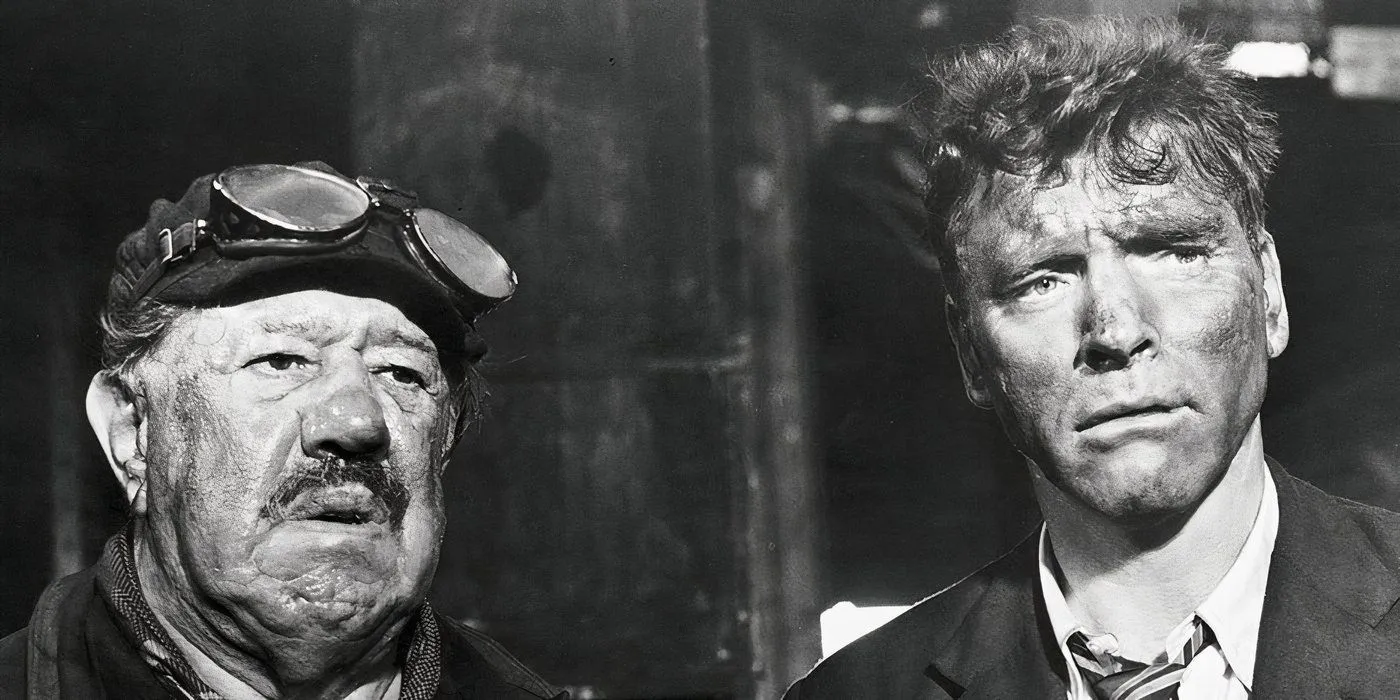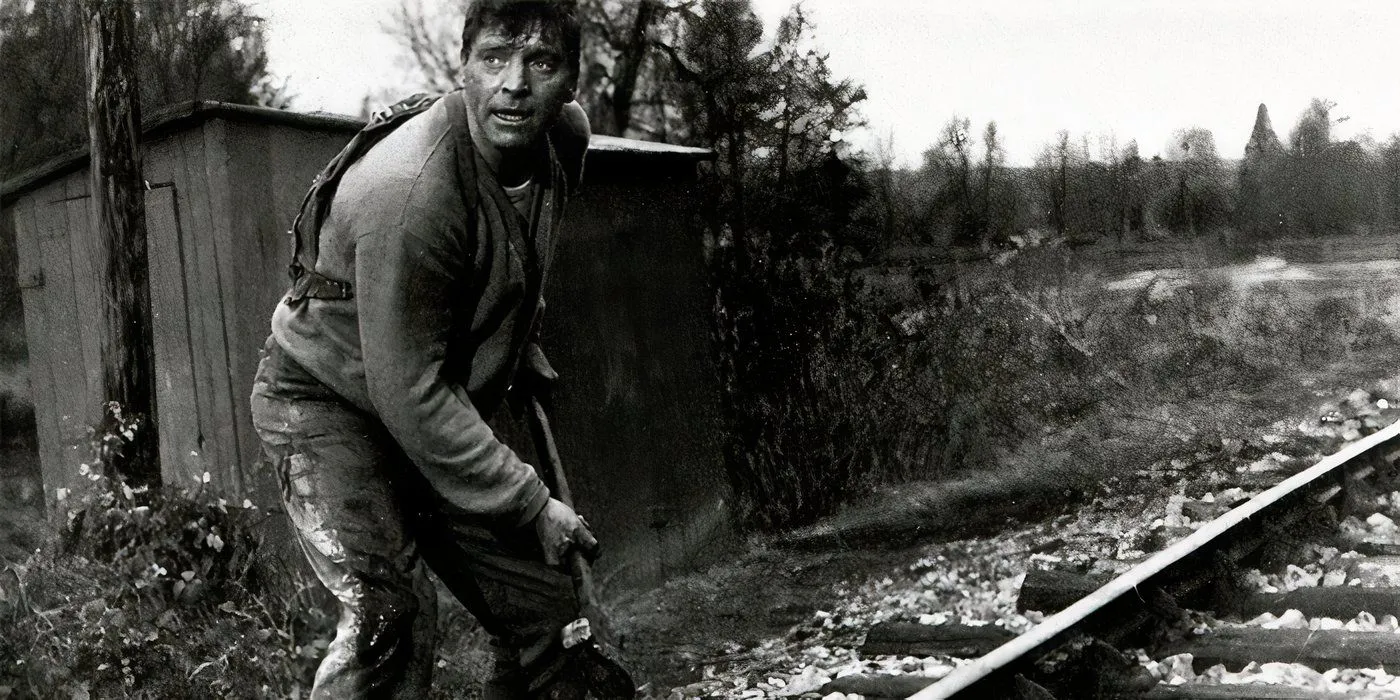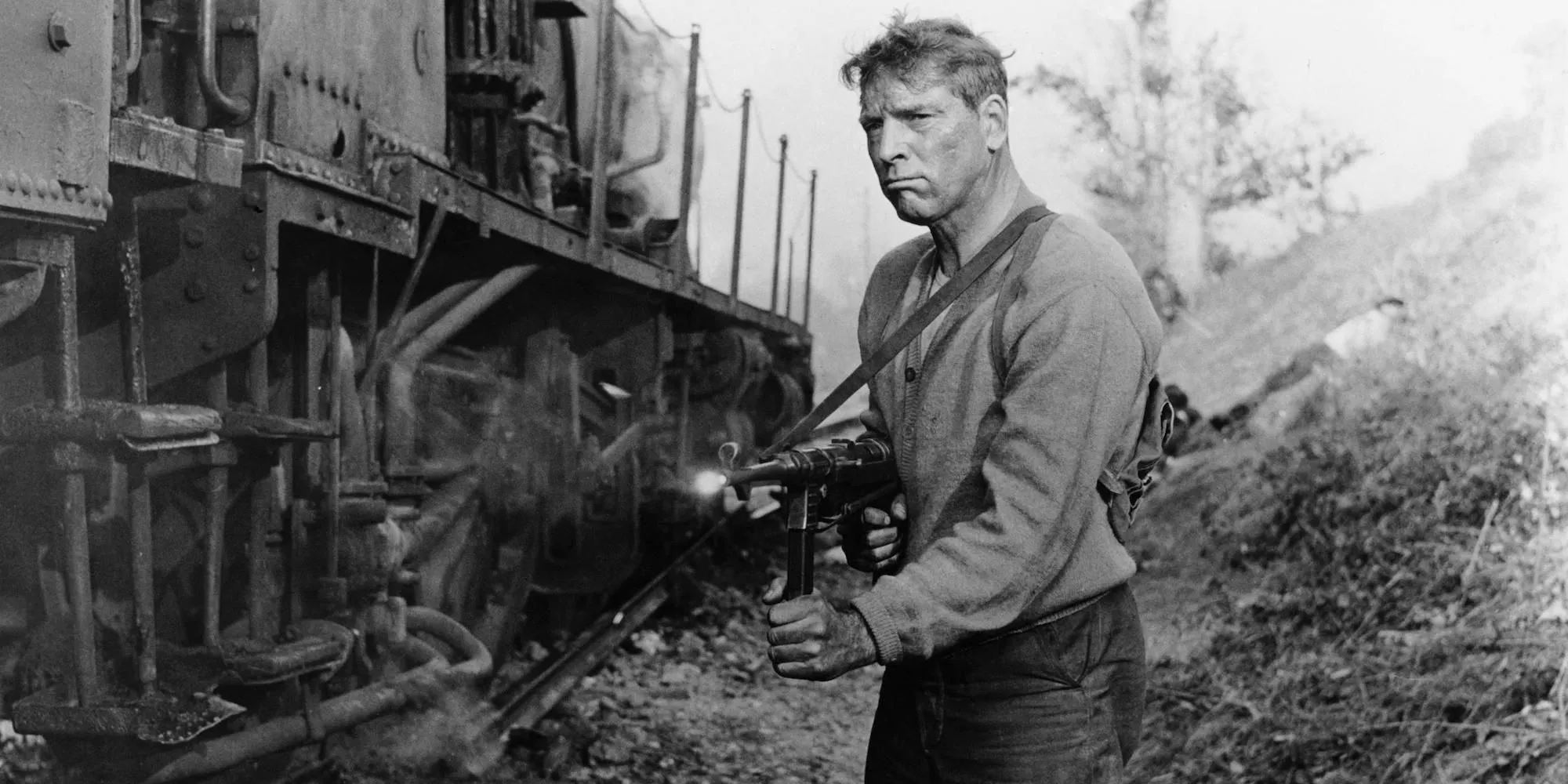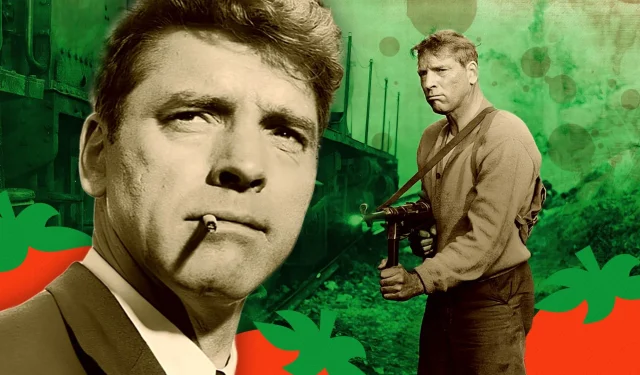If you’re on the lookout for a captivating World War II film that intertwines high-stakes action with a profound appreciation for art, Burt Lancaster’s The Train is a must-see. Released in 1965, this exceptional thriller tells the story of a group of resourceful French resistance fighters racing against time to prevent a train laden with priceless French masterpieces from reaching Nazi Germany.
While Hollywood has depicted the theft of art during the Nazi regime in other films—such as George Clooney’s The Monuments Men and Steven Spielberg’s Raiders of the Lost Ark—few films present the stakes as clearly as The Train. Regarded as one of the finest war films of the 1960s, this narrative showcases how the fate of invaluable cultural artifacts ultimately hinges on a small group of determined individuals dedicated to protecting these treasures from both Nazi forces and Allied bombing. This high-stakes premise has secured The Train a place among the most overlooked WWII cinematic gems.
Burt Lancaster’s The Train: One of Cinema’s Most Underrated WWII Films
One of the First Films Addressing Nazi Art Theft
The Train revolves around German Colonel Franz Von Waldheim, a Nazi officer who stands out for his admiration of “degenerate art.”Portrayed with chilling nuance by Paul Scofield, Waldheim becomes one of the most memorable antagonists in war film history. As the Allies close in on Paris, Waldheim orchestrates the transport of a selection of France’s most priceless artworks from the Jeu De Paume Museum back to Germany, prompting curator Mademoiselle Villard, played by Suzanne Flon, to enlist the help of French Resistance leader Paul Labiche, skillfully portrayed by Burt Lancaster.
Initially, Labiche is resistant to the mission, famously stating that he “won’t waste lives on paintings.” However, his perspective shifts dramatically following the tragic execution of his friend and mentor, Papa Boule (Michel Simon), for sabotaging the train. Framed by a web of deception, Labiche and his fellow resistance fighters attempt to thwart the Nazi plan as they confront blocked rail lines, armed German troops, and the looming threat of Allied airstrikes. Ultimately, Labiche finds himself compelled to undertake the risky mission alone, driven by an unwavering resolve to protect the artworks at any cost.
Why The Train Remains Relevant Today
A Pioneer of the Reluctant War Hero Trope



The concept of the reluctant war hero, exemplified by characters in contemporary films like Saving Private Ryan, may now be well-established, but this trope was not as common at the time of The Train‘s release. While Joseph Campbell’s Hero’s Journey illustrates the concept of a hero resisting their calling, Labiche’s initial rejection stems not from fear, but from a moral dilemma regarding prioritizing art over human lives.
This internal conflict makes Labiche a compelling protagonist; his reluctance is a significant obstacle, on par with the external threats posed by Waldheim and the Nazis. Ultimately, Labiche transcends his initial misgivings, dedicating himself not only to safeguarding the masterpieces of French culture but also embodying a deeper commitment to preserving a nation’s heritage.


